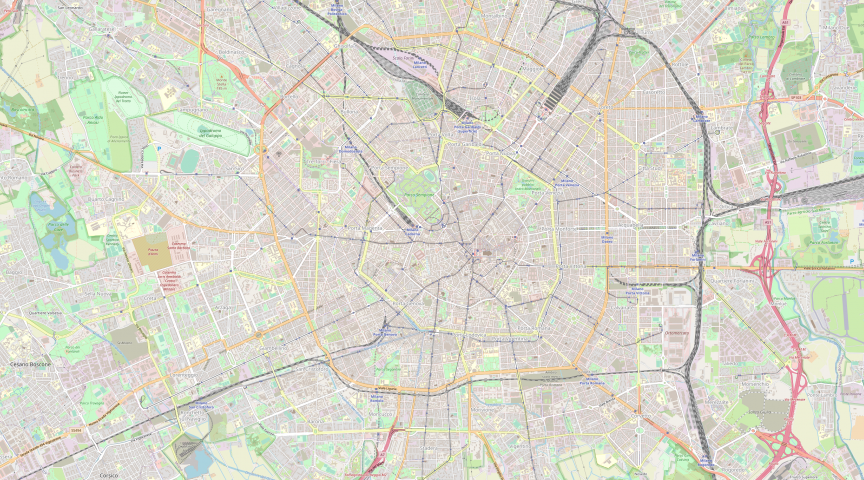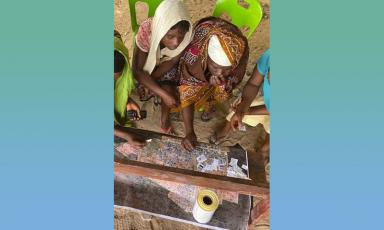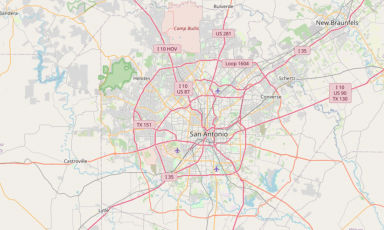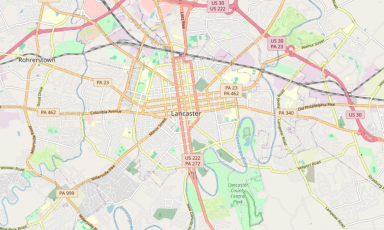Milan, Italy
Green Jobs and Just Transition project

Summary
As a follow-up to the pilot on the equity impact of job growth tied to green investments realized with C40 Cities in 2021, the City of Milan will launch a second phase of the project aiming to develop a flagship programme on public housing retrofits and construction. This will help the city to move from data collection and analysis to policy making, delivering equitably distributed green jobs through climate action implementation.
The flagship programme will indeed:
- Create thousands of jobs over the next 5 years, reduce emissions, tackle energy poverty, and boost women's, youth’s and migrants’ access to this sector that has one of the greatest green job creation potential
- Build public and political support to a green and just transition through the use of campaigns
- Build and strengthen local alliances with key stakeholders
- Help attract recovery funds for the implementation of climate projects
- Present an innovative approach that could inspire other cities in Italy and Europe to make the case on how to use recovery funds to achieve climate and social goals jointly
- Help make the case that addressing equity doesn't mean delaying climate action.
Impact
According to the green jobs equity impact assessment conducted with C40 Cities in 2021, between 2021 and 2030 Milan could support over 50,000 jobs from a green and just recovery, especially in the construction and manufacturing sectors. Considering that these are among the sectors with a higher proportion of non-Italian workers, the action is expected to drive stable supported employment with fulltime opportunities open to foreign-born citizens. Its impact will therefore be evaluated through the number of green jobs for residents with a migrant background created with the flagship programme on public housing retrofits and construction. Moreover, the programme is expected to have a positive impact on energy poverty, reducing the number of families suffering from a combination of low incomes, high energy costs and poor energy efficiency of their homes.
Since in Milan many of the public buildings with low energy efficiency performance host foreign-born residents and large singleor low-salary families with disadvantaged minors, the action will greatly benefit these vulnerable groups. Its impact on energy poverty will be evaluated based on the number of public housing buildings retrofitted and the number of families that will recover from energy poverty conditions thanks to the improvement of one of their causal factors (income, energy costs, energy efficiency).



